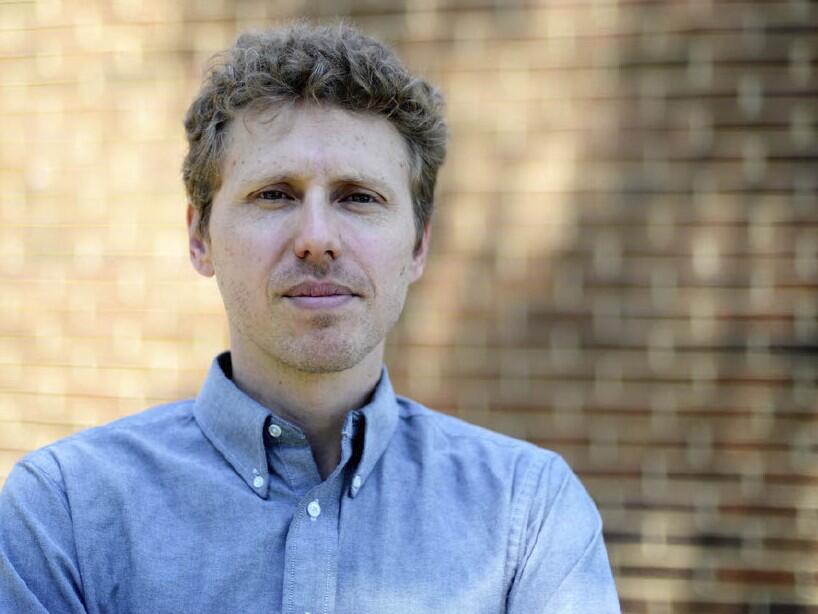
A paper linking the use of a wildly popular drug for heartburn to cancer has been retracted after the authors concluded that their widely touted finding appears to have resulted from a hiccup in the way they conducted their testing.
The 2016 article, in Carcinogenesis, has played a minor role in an ongoing class action lawsuit against the makers of ranitidine (sold as Zantac, among other brand names) claiming that use of the medication has caused cancer in more than 100,000 plaintiffs. And it was a key citation in a 2019 petition to the FDA urging that such drugs be recalled.
The FDA has been investigating contamination of ranitidine and a related drug with NDMA, a known human carcinogen at high doses. On April 1, 2020, the agency announced that, although its tests did not find concerning levels of NDMA in “many” of the samples it tested, it was recalling all products that contain ranitidine:
Continue reading Widely covered paper on ranitidine-cancer link retracted







